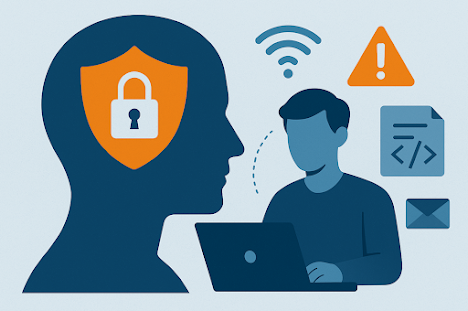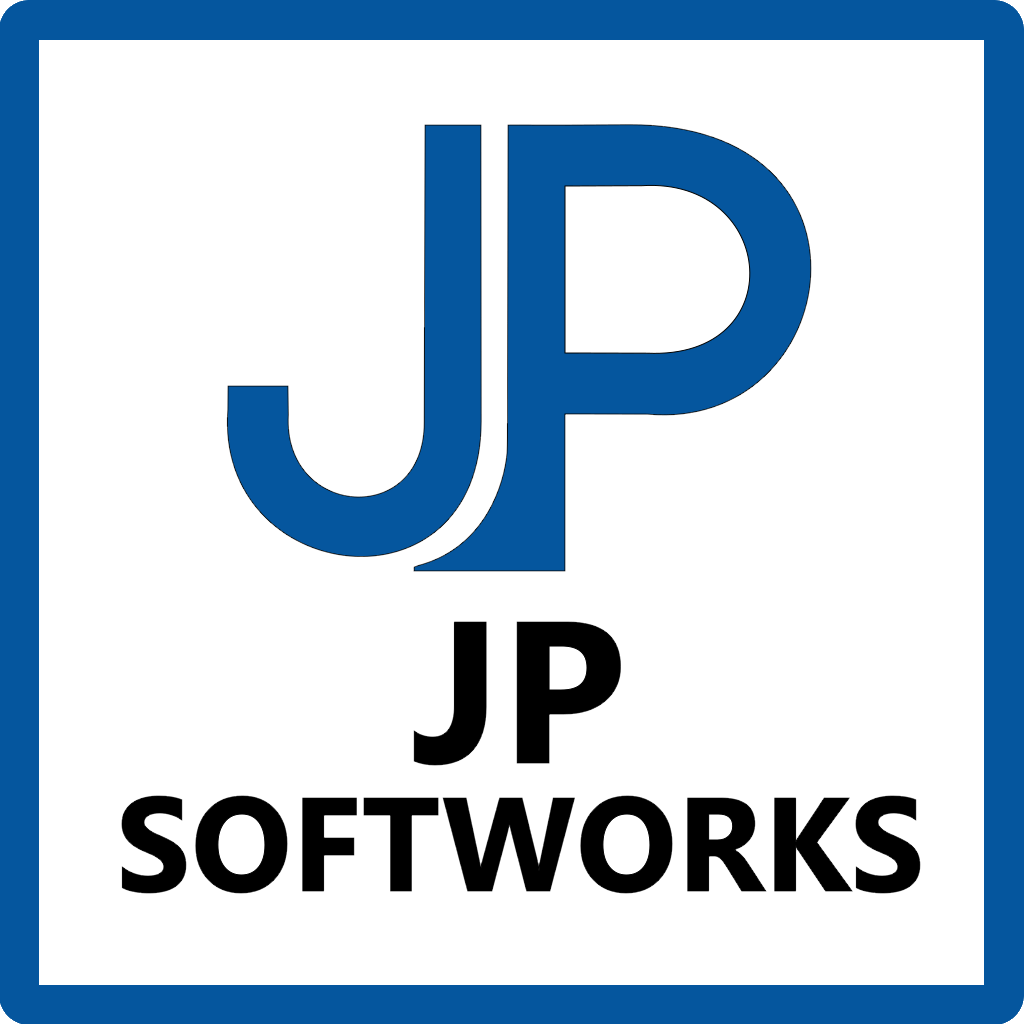Vibe Coding: Are Humans an asset or a threat?

As usual, our people are our salvation
We’ve seen cybersecurity evolve: from basement script kiddies to AI-fueled threats. And yet as we enter late 2025, Alan Shimel’s article “Distraction is the New Zero‑Day: The Human Risk We Keep Ignoring” rings truer than ever. It’s not ransomware or deepfake scams causing the most damage: it’s good old distraction. According to KnowBe4 research, 43 % of breaches are traced back to employee distraction , outpacing training gaps (41 %), pressure to act fast (33 %), fatigue (31 %), and even the sophistication of the threats (17.1 %) ( Security Boulevard ).
That’s a stark reminder: no matter how advanced your tech, if people are juggling too much, security unravels.
Enter vibe coding: how some teams will distinguish themselves. It’s not just a buzzword. It’s code being co‑authored by AI copilots like Microsoft Copilot, Claude, or ChatGPT. This new paradigm has arrived, and it's not just changing how we write code: it’s shaking up how security must be woven in. After all, we aren't there to slow you down in your endeavors.
Our processes are our weapons.
Here’s how we bridge that gap:
- Humans stay in control. AI is a tool, not an operator. It can craft and suggest: but accountability remains decidedly human.
- Security belongs in the flow. AI accelerates development: but without thoughtful guardrails, it opens doors for blind spots. We bake in safe defaults, code reviews, prompts that call out risky patterns.
- Awareness is the ultimate defense. In a distracted, hyper‑speed environment where AI suggestions flood the screen, our attention becomes the firewall. As Shimel cautions, distraction is the real zero‑day. Let’s guard against that, not just bug fixes.
At JPSoftWorks, we don’t just welcome vibe coding: we help organizations use it wisely. Because in a world where AI supports coding, the strongest security asset remains human intuition: if given the space, context, and tools to do its thing.
Links
[1] Distraction is the New Zero-Day: The Human Risk We ...
[2] Employee distraction is now your biggest cybersecurity risk

